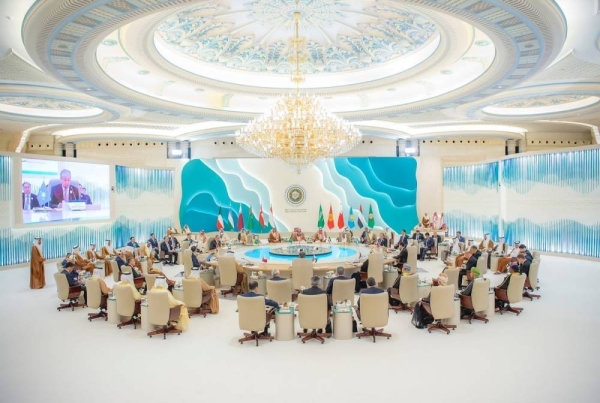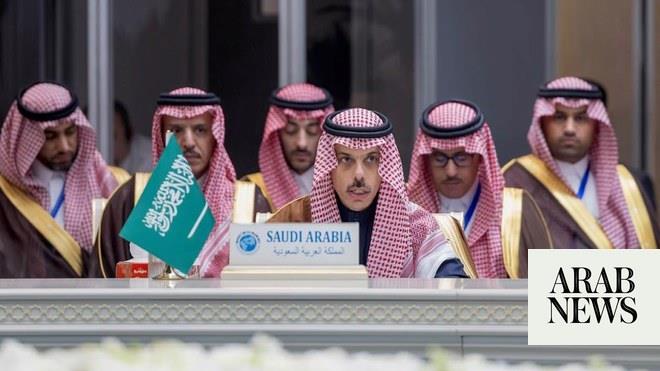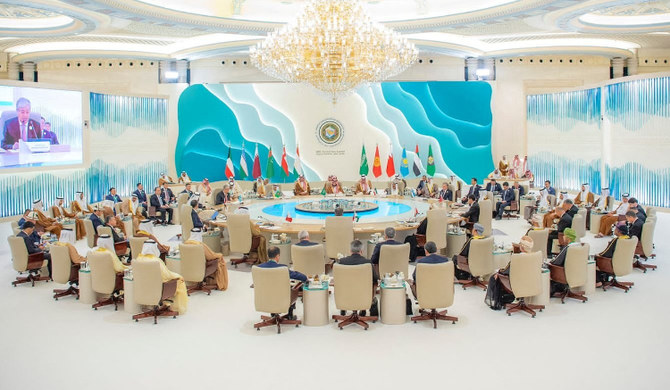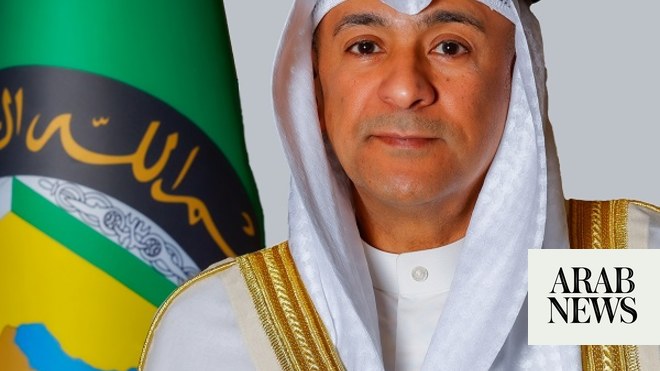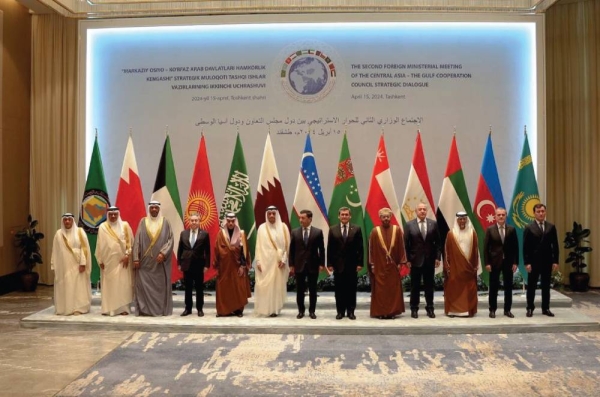
The second ministerial meeting of the GCC-Central Asia Strategic Dialogue took place in Tashkent, Uzbekistan, on Monday, marking a significant step in strengthening the partnership between Gulf Cooperation Council (GCC) member states and Central Asian countries.
The meeting was chaired by Uzbek Foreign Minister Bakhtiyor Saidov and included high-level participation from member states, emphasizing the importance of this growing regional cooperation.
The participants reviewed the implementation of the decisions made during the first Summit of the Heads of State of the GCC–Central Asia Strategic Dialogue held in Jeddah on July 19, 2023.
They acknowledged the format"s effectiveness in promoting mutual understanding, trust, and partnership.
The meeting also underscored the ongoing efforts by both regions to deepen cooperation across various sectors, including trade, investment, transport, health, and environmental sustainability.
Key highlights from the dialogue include:
• Endorsement of Joint Initiatives: Proposals from Tajikistan and Uzbekistan aimed at enhancing investment mechanisms were considered, with a focus on sustainable supply chains and joint investment projects, especially in clean energy and environmental sectors.
• Support for International Events: The ministers expressed their support for Saudi Arabia’s hosting of Expo2030 and emphasized the importance of active participation in the forthcoming GCC-Central Asian Investment Forum in Riyadh and Issyk-Kul, Kyrgyzstan.
• Commitment to Sustainable Development: Discussions highlighted the need for developing sustainable transport and infrastructure projects, including the Trans-Afghan railroad and the China-Kyrgyzstan-Uzbekistan railroad. There was also a strong focus on advancing green energy initiatives and addressing climate change, as reflected in the support for the Middle East Green Initiative and other regional climate strategies.
• Healthcare and Security Collaboration: The ministers discussed establishing a new multilateral body under the United Nations to combat biological threats and enhance global health security. They also planned to increase cooperation in security and border control to combat terrorism and other transnational challenges.
• Cultural and Educational Exchange: There was a strong emphasis on enhancing cultural exchanges and educational cooperation, including the implementation of the GCC-Central Asia Joint Action Plan (2023-2027).
The meeting concluded with a commitment to continue this dynamic and multifaceted partnership, underscoring the mutual benefits of interregional cooperation.
The State of Kuwait was welcomed as the host for the third GCC-Central Asia Strategic Dialogue Ministerial Meeting in 2025, promising further advancements in this strategic alliance.




